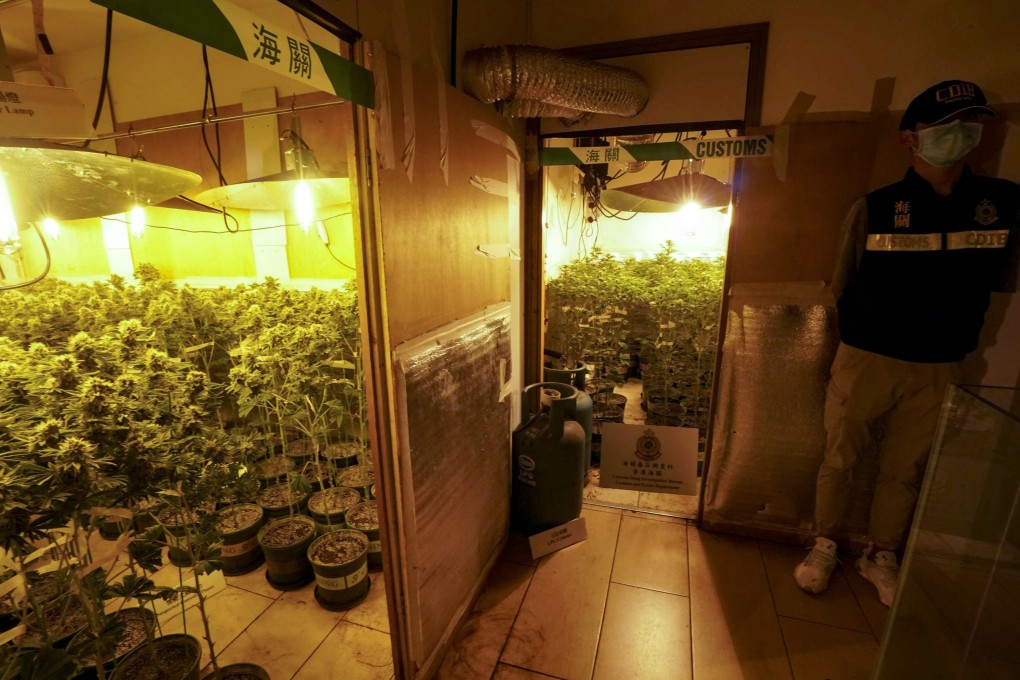Letters | The war on drugs has failed. It’s time Hong Kong followed the science
- Plenty of evidence now shows the folly of treating drug use as a crime rather than a health issue. The decriminalisation of drug possession for personal use is recommended by the UN, and 23 countries have some form of decriminalisation

If the acting superintendent thinks that “blocking the drugs” will have anything other than a minor and short-term effect, he is deeply deluded.
Sound familiar? That’s a quote from New York Medical Journal writing in May 1915. Yet, instead of accepting the expert opinion of deeply engaged doctors (“following the science”, in today’s parlance), authorities chose to double down. Predictably, things got worse.
Today, a full 106 years later, the message from doctors is the same. Prohibition harms. A recent BMJ meta study of 114 studies notes: “An estimated 271 million people used an internationally scheduled (“illicit”) drug in 2017, corresponding to 5.5 per cent of the global population aged 15 to 64. Despite decades of investment, policies aimed at reducing supply and demand have demonstrated limited effectiveness.”
“Limited effectiveness” is putting it mildly, as prohibitive policies were also shown to have contributed to HIV and hepatitis C transmission and fatal overdose, among other problems.
